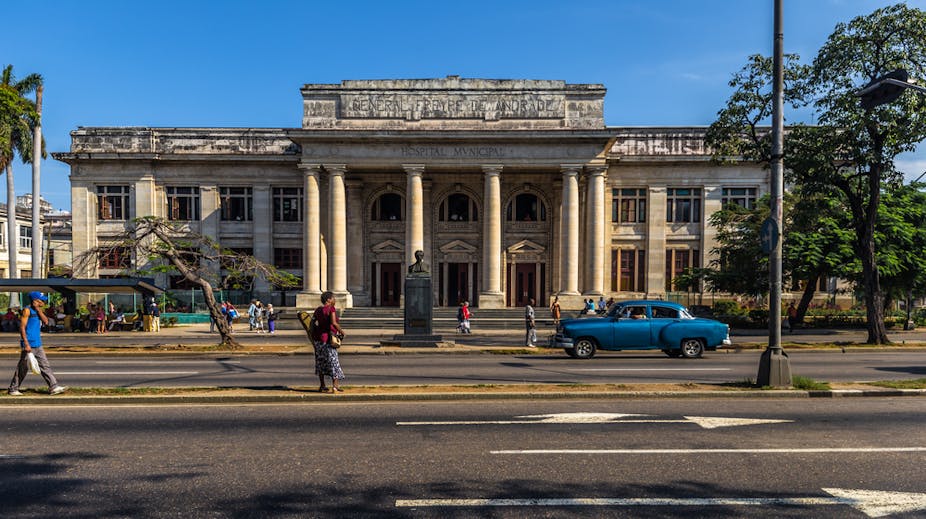
when looking at the U.S. healthcare system, we can see some factors shaping the strength of a single unchallenged status. Among them and as a consequence of an imperfect market for healthcare is the entry limits that prevent the number of providers who can run-through in a particular area (Altman, Reinherdt & Shields, 1998). These limits may come in various forms including certification necessities and regulating hospital privileges to certain providers. This concept is different in Cuba. Most of their healthcare services is provided by the governments and some are a sort of community outreach to help each other live a life of healthiest and happiness. In some cases, we can see how even the doctors and nurses work as community volunteers. One of the members of local community in Cuba stated, health is wealth and Cuba attempts to sustain such vision and mission for its members of communities.
One of the most important things I beheld is the ability to support a culture of learning environment where collaboration and teamwork are heartened, brilliance is remunerated and diversity is appreciated and cherished. In healthcare delivery system, the same culture always applies. Halber (2006) mentioned how Cuba under Fidel Castro has elevated himself on the world stage, proving to be far advanced in medicine by, for example, sending doctors around the world and with a higher birth-survival rate than in the U.S. It is essential to see an example of how more than 7,000 foreigners were expected to visit Cuban hospitals and clinics, paying a total of $25 million for health care services (Darling, 1996). While that is only 1% of Cuba’s total income from tourism and a fraction of this country’s $1-billion health care budget, the visits represent exponential growth compared to the few hundred patients who sought treatment in Cuba a decade ago ( Darling, 1996).
The amazing comparison between Cuban healthcare system and that of the United States (US) is that Cuba provides free and fair healthcare for all. Although US is far more advanced than many developed countries, in terms of health services and other health-related infrastructures, the public health system is still quivering. However, in the Salud documentary, the public health system of Cuba is well set-up and designed to help each other even in the absent of policy approach. Proponent of US universal healthcare system, in the article by Rashford (2007) explained how at this point in time when cost is a major obstacle to the implementation of a universal healthcare system in the US, maybe it is time to take a closer look at how a single payer system could save billions. In turn, this could be used to implement and maintain such a system. However, it appeared the Obama Care or Affordable Care (at the time) had done many adjustments to help in supporting the universality of healthcare system in America.
Darling, J. (1996). In Cuba, health care is a tourist attraction; medicine: With 60,000 doctors and advanced–yet inexpensive–procedures, the economically strapped nation has a cash cow in the treatment of foreigners. Los Angeles Times. Retrieved from http://search.proquest.com/docview/293385622?accountid=14872
Halber, M. (2006, Dec 26). Cuba is an advanced country: This is no mexico. Times – Colonist. Retrieved from http://search.proquest.com/docview/348128261?accountid=14872
Rashford, M. (2007). A universal healthcare system: Is it right for the United States? Nursing Forum, 42(1), 3-11. Retrieved from http://search.proquest.com/docview/195018396?accountid=14872
Altman, S., Reinherdt, U., & Shields, A. (1998). The future of U.S. Healthcare system: Who will care for the poor and uninsured? Chicago, IL: Health Administration Press.









